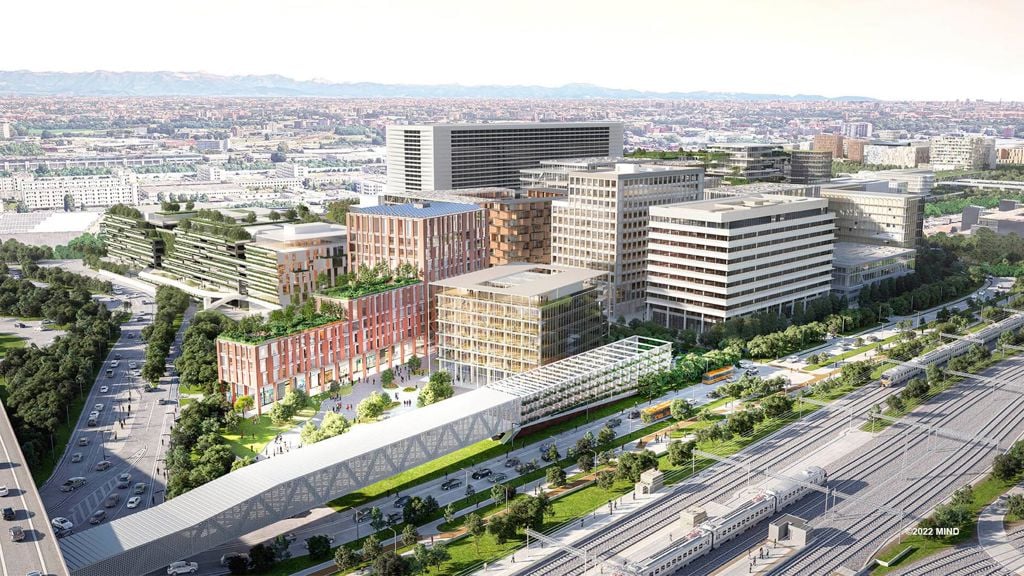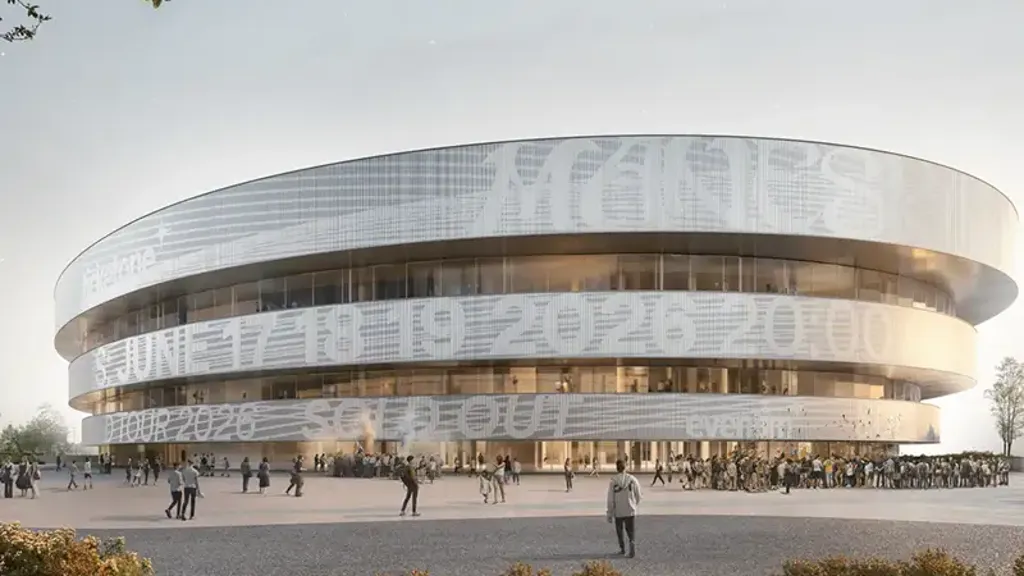A circular economy is an economy that creates value from natural resources in new ways, coupling growth to positive environmental and social outcomes. Fundamentally, circularity is about ending the current practice of: ‘take, make, use, dispose’ in the built environment and bringing long-term sustainability to an organisation’s operations.
Arup has been the knowledge partner for the built environment to the Ellen MacArthur Foundation since 2016, advocating the use of these principles across our industry.
To adopt circular economy principles is to use new business models, design principles and logistics strategies which: design out waste and pollution wherever possible; keep products and materials in use for as long as possible; regenerate natural systems. Arup helps organisations across the built environment, from city governments to developers, asset managers to construction product manufacturers, to embed circular economy principles in the way their businesses operate, produce or manufacture.
How we help you
Adopt circular economy practices
We are working with asset developers, owners and contractors to adopt the circular economy, by applying its logic at a number of levels. First, an organisation needs to evaluate its current practices to identify a pathway towards a circular business model. Circular outcomes then become possible, but only when practices are also adopted across the supply chain. Collaboration is key and requires an initial commitment to education and awareness raising among employees, clients, commercial partners and others.
The greatest opportunities for the circular economy come when principles are applied as part of an organisation's strategic decision making – rather than a one-off sustainable design strategy. At Arup, our expertise stretches across the value chain from policy, finance and design to procurement, operations and logistics. We are able to identify lost value under business-as-usual operations in relation to indicators including performance, whole-life costs, revenue generation potential, resource flows and utilisation rates – to help inform strategic proposals.












